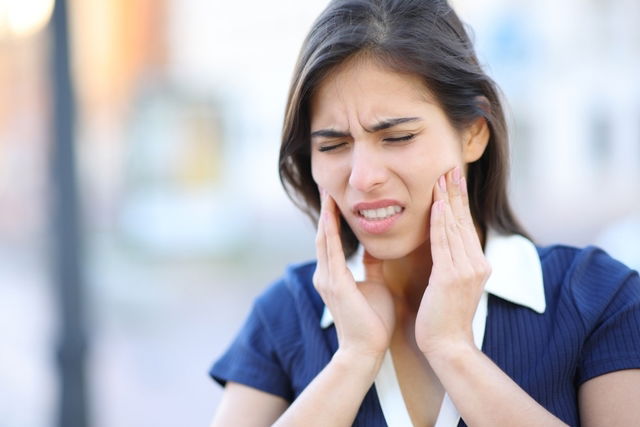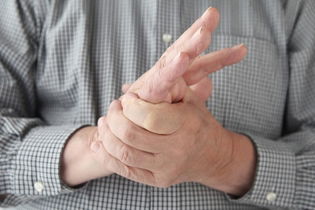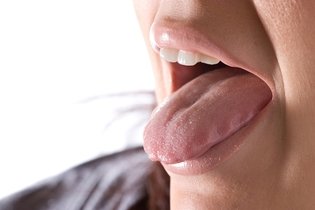A jaw cramp happens when the muscles in the area under the chin and sides of the face contract involuntarily. Jaw cramps can cause pain, and make it difficult to open and close the mouth. Some people may also feel a hard ball in the area.
Like any other type of cramp, a jaw cramp can be very uncomfortable. It can appear after yawning or when it is necessary to lift or maneuver your tongue.
Jaw cramps are usually a temporary situation that resolve within a few minutes without any special treatment is necessary.

Main symptoms
The main symptoms of jaw cramps are:
- Severe jaw pain
- Difficulty opening or moving the mouth
- Sensation of a stiff tongue
- Presence of a hard ball under the chin
In some cases, the pain may also affect the neck and ears, especially when it lasts for several minutes.
Possible causes
In most cases, jaw cramps can be felt after yawning, when there is an excessive and rapid contraction of the muscles responsible for lifting the tongue or moving the chin. However, other situations that can also cause cramps include:
- Talking for a long time without rest: this cause is more common in teachers or singers, for example
- Chewing too hard: this can happen when chewing on a very large piece of food or when the food is very tough;
- Magnesium and potassium deficiency: reduced levels of these minerals can lead to spasms in various muscles in the body;
- Lack of B-complex vitamins: in addition to a mineral deficiency, a lack of any type of B complex vitamin can also cause frequent cramps in other muscles in the body;
- Dehydration: the lack of water in the body also makes muscle function difficult, facilitating the emergence of cramps.
Furthermore, being very tired or being overly stress can also contribute to the appearance of cramps, as they hinder the normal functioning of the nervous system.
If you frequently notice jaw cramps, it is important to consult a doctor to assess whether there is an underlying cause that requires more specific treatment.
How to relieve
One of the easiest and quickest ways to relieve jaw pain is to gently massage the tense muscle, using the tips of your fingers or knuckles. However, applying heat to the area can also help, especially when the cramp takes a long time to go away.
After the jaw cramp disappears, it is normal for the pain to improve but linger, as the muscle can become sore from persistent contraction and needs time to recover.
Jaw cramps are relatively common, but can be prevented by opening your mouth slowly whenever you need to yawn, and trying to keep your tongue at the bottom of your mouth to reduce contractions.








